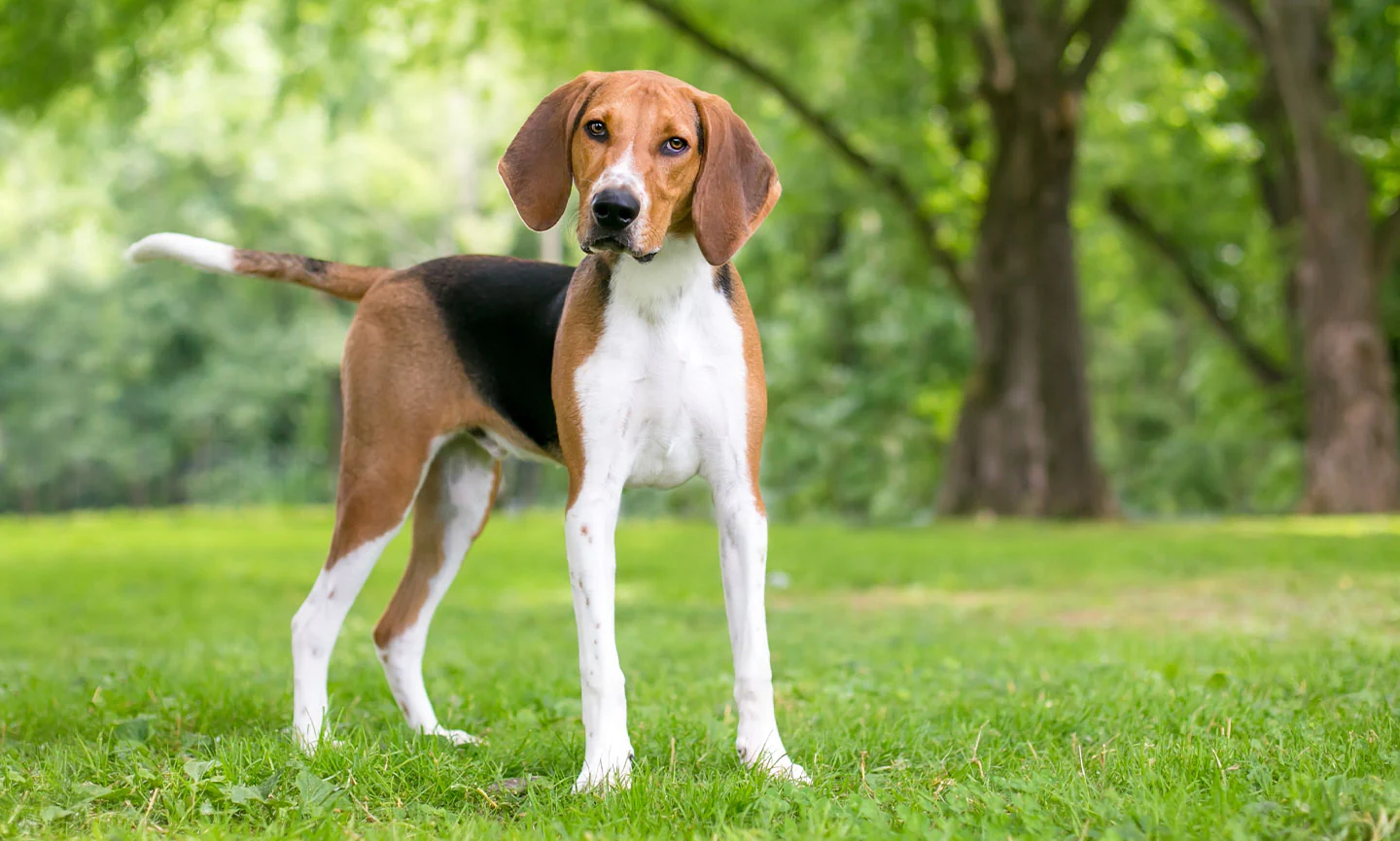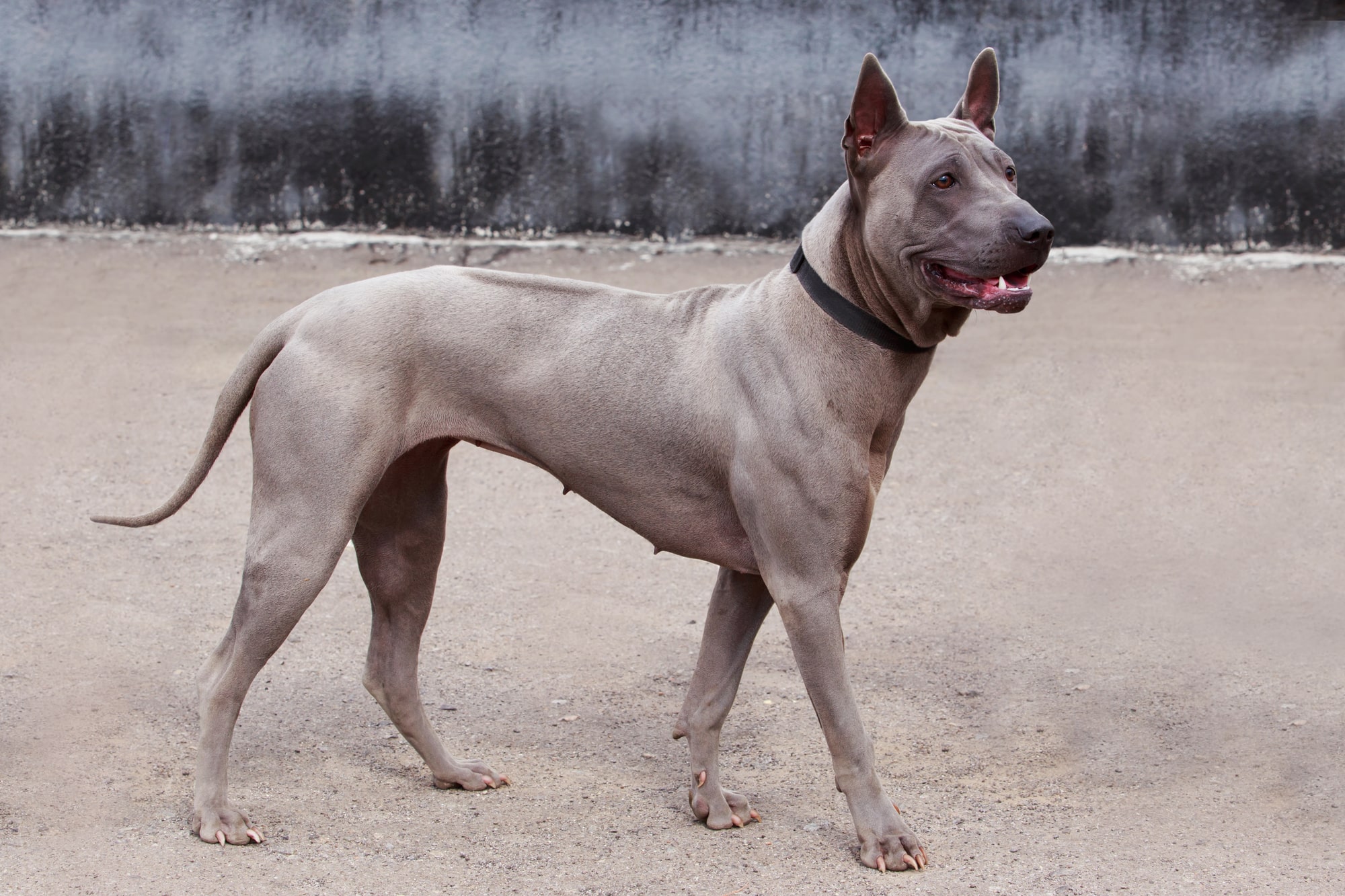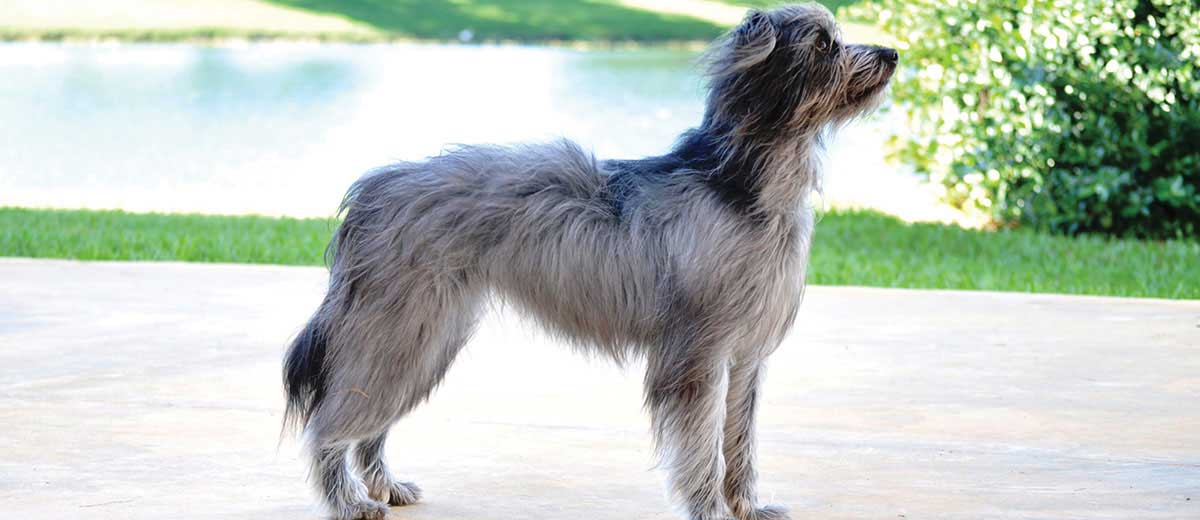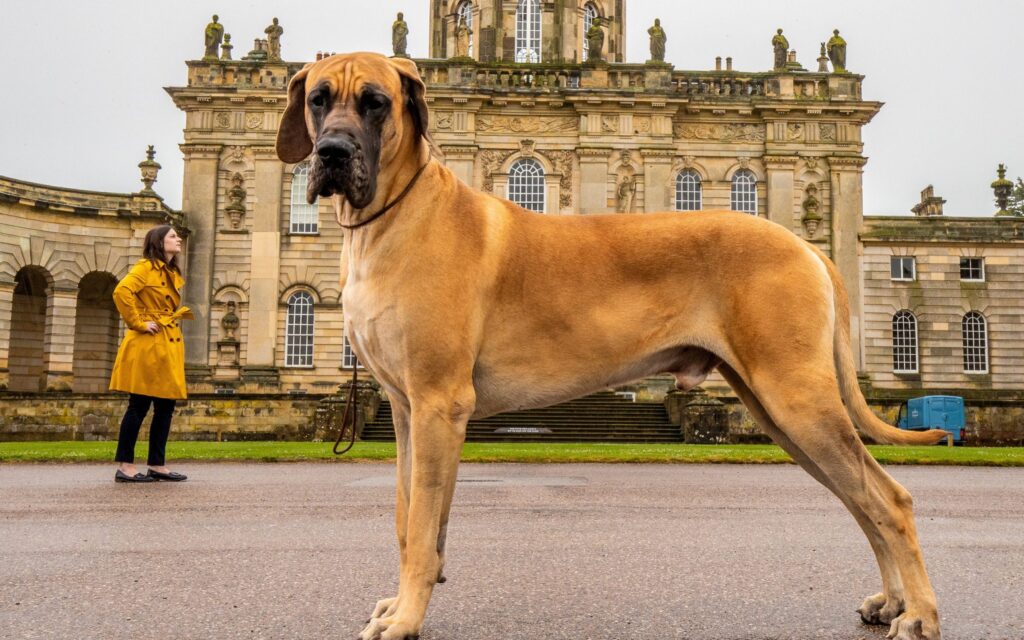
Introduction
Great Danes are one of the largest dog breeds, known for their majestic appearance and gentle demeanor. Originating from Germany, these dogs were originally bred for hunting, but over time have become popular family pets due to their calm and affectionate nature. With their tall stature and muscular build, Great Danes require daily exercise and a nutritious diet to maintain their health. They are also known for their loyalty and make great companions for those looking for a gentle giant to share their home with.
Temperament
Great Danes are known for their gentle and affectionate nature, making them great family pets. They are known to be patient and loyal, and are often described as “gentle giants” due to their large size and kind demeanor. Despite their size, they are generally not aggressive and are good with children and other pets. However, they do require socialization and training to ensure they are well-behaved and obedient. Great Danes are also known for their calm and relaxed personalities, but they still require regular exercise and mental stimulation to keep them happy and healthy. Overall, Great Danes are loving and devoted companions with a gentle disposition.
Aggression in Great Dane
While Great Danes are generally known for their gentle nature, there are certain circumstances that can lead to aggressive behavior. Aggression in Great Danes can be caused by factors such as fear, anxiety, territorial behavior, or lack of socialization and training. Additionally, some Great Danes may exhibit aggressive behavior due to health issues such as pain or discomfort. It is important for Great Dane owners to monitor their dog’s behavior and seek professional help if their dog shows any signs of aggression, such as growling, biting, or snapping. Working with a professional dog trainer or behaviorist can help address any underlying issues and prevent aggressive behavior from becoming a problem. It is also important to provide regular exercise and mental stimulation for Great Danes to prevent boredom and frustration, which can contribute to aggressive behavior.
Health and Lifespan
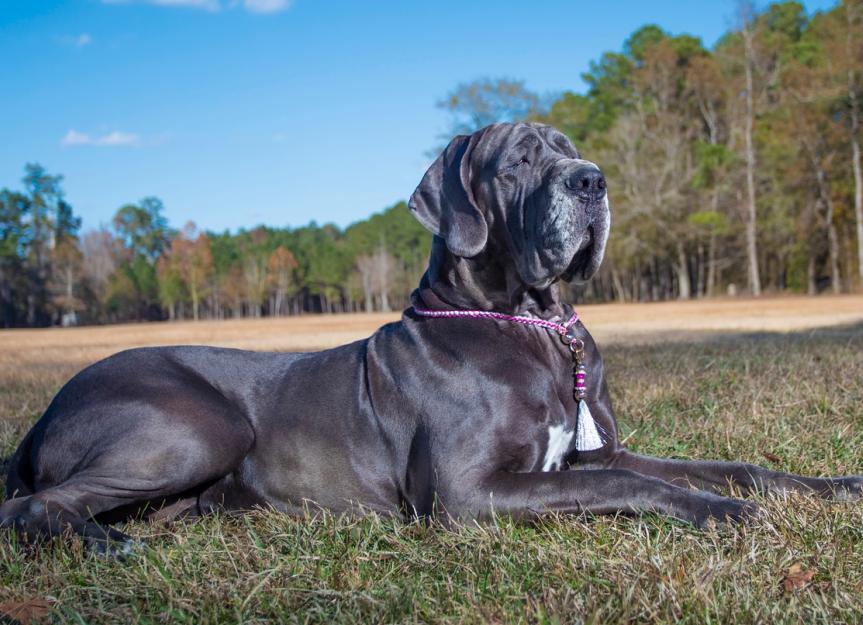
The lifespan of a Great Dane typically ranges from 6 to 8 years. However, with proper care, some Great Danes have been known to live up to 10 years or more. Like all dogs, the lifespan of a Great Dane can be influenced by various factors such as genetics, diet, exercise, and overall health. Regular veterinary check-ups and preventative care can help to extend the lifespan of a Great Dane. It is important for Great Dane owners to be aware of the breed’s typical lifespan and to provide their dogs with the best possible care to ensure a long and healthy life.
Food for Great Dane
Selecting the appropriate food for your Great Dane is crucial for their health and well-being. A diet high in protein and low in fat is necessary for this large breed to maintain a healthy weight. It is advisable to choose a high-quality, commercial dog food specially formulated for large breeds, with natural ingredients such as meat, vegetables, and whole grains, and avoiding artificial preservatives, fillers, or by-products.
It is also crucial to maintain a consistent and balanced diet, avoiding overfeeding or table scraps, which can lead to weight gain and other health problems. Some owners prefer homemade or raw diets, but consulting with a veterinarian or animal nutritionist is essential to ensure proper nutrition.
Training for Great Dane
To ensure a happy and healthy Great Dane, it’s important to start training early and use positive reinforcement methods. Consistency and patience are crucial as these large breeds take time to learn. Basic obedience and socialization are key, along with leash and crate training. Professional trainers or obedience classes can assist in learning the best training techniques. Positive reinforcement, such as treats and praise, help build a strong bond. With the right training, Great Danes can be obedient and well-behaved companions.
Conclusion
Great Danes are a wonderful breed of dog known for their large size, friendly personality, and loyalty to their owners. They require a high-quality, protein-rich diet, consistent training, and regular exercise to maintain their health and happiness. While they can display some aggressive behavior if not properly trained and socialized, with the right care and attention, they can be loving and obedient companions. As with any dog, it’s important to do your research and understand the responsibilities of owning a Great Dane before bringing one into your home.
